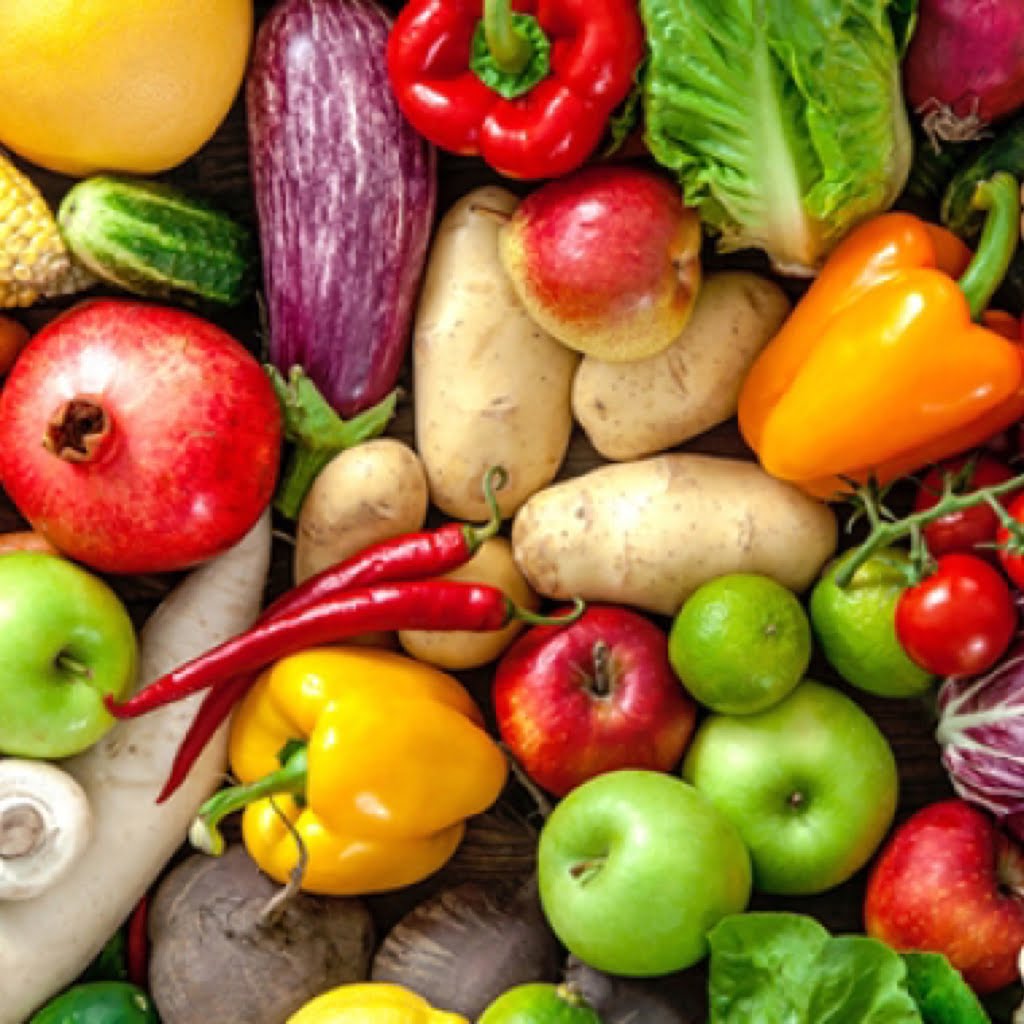The new year has passed and the days are getting longer in the Northern Hemisphere and shorter in the Southern. Between cold temperatures and tremendous amounts of darkness, a diet filled with nutrients that aid our bodies is necessary. The owner of NuYu Revolution, Susan Rappaport, didn’t start her fitness journey until she was 39 years old. She is a weight loss success story and credits her own struggle with obesity and dieting for her eventual foray into a life of fitness.
Susan notes that ‘Many of us have our go-to foods that we habitually choose to eat through the year, but our body’s nutritional needs do, in fact, change along with nature. Eating thoughtfully with the seasons will support our body’s health, energy, and can even heighten our spirits.’
She continues:
- If we eat seasonally, consuming fruits and vegetables that nature has given us at that precise time, the result is said to be that we will feel better, more youthful, and have a stronger immune system.
- Making food selections based on a spring, summer, fall, winter cycle, is believed to help keep the body in balance to avoid illness.
- Nature gives us what we need when we need it, so being mindful and selecting fresh and local fruits and vegetables is always a good choice. Seasonal food is fresher, tastier and more nutritious than food consumed out of season. Plus, it is less expensive, and supports the environment.
- Foods grown closer to where we live are harvested at the peak of freshness, and are not forced to undergo unnatural preserving processes. A recent study found that direct-to-consumer producers used less pesticides and herbicides than conventional producers. Eating locally exposes us to many options we may not otherwise eat, which is good for our health by adding a variety of nutrients to our diets and enhances our ability to combat illness.
Like any diet change undertaking, don’t go crazy with it! There are great benefits, but if it becomes your law, you may lose sight of the benefits. If your doctor recommends that you eat more leafy greens, and kale or collards are out of season but available in your store, don’t pass them up just to “eat seasonally.” Being mindful of seasonal eating gives you a whole new perspective and puts you on a path of awareness. Do what you can, when you can, and the winds of seasonal change will likely blow you in the direction of all around better health, which is a welcome byproduct all year round!
Ideal Winter Vitamins & The Foods Where Can Find Them:
Vitamin A:
Supports our immune system functions to help ward off illness.
Can be found in:
Bell Pepper
Carrots
Collard Greens
Fish
Kale
Liver
Mustard Greens
Milk
Parsley
Pumpkin
Red Cabbage
Sweet Potato
Swiss Chard
Turnips
Spinach
Vitamin B:
Essential in nerve function, supports brain function and red blood cells.
Can be found in:
Avocados
Dates
Parsnip
Pear
Pineapple
Kale
Red Cabbage
Spinach
Swiss Chard
Turnips
Turnip Greens
Mustard Greens
Vitamin C:
Supports immune system and energy. Is an antioxidant, protects cells, improves iron absorption, promotes healthy teeth and gums, heals wounds, and strengthens the body to resist infection.
Can be found in:
Avocado
Bell Peppers
Broccoli
Brussel Sprouts
Cranberries
Grapefruit
Lemons
Mandarins
Oranges
Parsnip
Pears
Pineapple
Rutabagas
Turnips
Vitamin D:
Derived from both food and sunlight. Supports bone health, immune system, and calcium absorption. Helps keep bones strong and healthy.
Can be found in:
Kale
Seafood
Spinach
Swiss Chard
Turnip Greens
Mustard Greens
Vitamin E:
Antioxidant, protects cells, helps body process vitamin K more efficiently, and repairs muscle cells.
Can be found in:
Avocados
Certain Nuts and Seeds
Kale
Mustard Greens
Parsnip
Spinach
Swiss Chard
Turnip Greens
Vitamin K:
Supports the clotting of the blood and bone density. Protects against osteoporosis.
Can be found in:
Asparagus
Avocado
Broccoli
Kale
Nuts
Seeds
Pears
Spinach
Swiss Chard
Turnip Greens
Iron: Supports the oxygen being carried throughout the body, and promotes the making of red blood cells.
Can be found in:
Dark Chocolate
Dates
Legumes
Liver
Red Meat
Organ Meats
Nuts
Potatoes
Pumpkin
Quinoa
Seeds
Shellfish
Spinach
Squash
Tofu
Potassium: Decreases risk of stroke, lowers blood pressure, preserves muscle mass and bone density. Regulates fluid balance and controls the electrical activity of the heart and other muscles
Can be found in:
Apricots
Bananas
Broccoli
Dates
Grapefruit
Kiwi
Mushrooms
Oranges
Peas
Prunes
Raisins
Rutabagas
Spinach
Sweet Potatoes
Zinc:
Zinc supports our immune system and helps our body’s ability to ward off illness.
Can be found in:
Beans
Dairy
Eggs
Mustard Greens
Nuts
Oysters
Red Meat
Spinach
Swiss Chard
Turnip Greens






